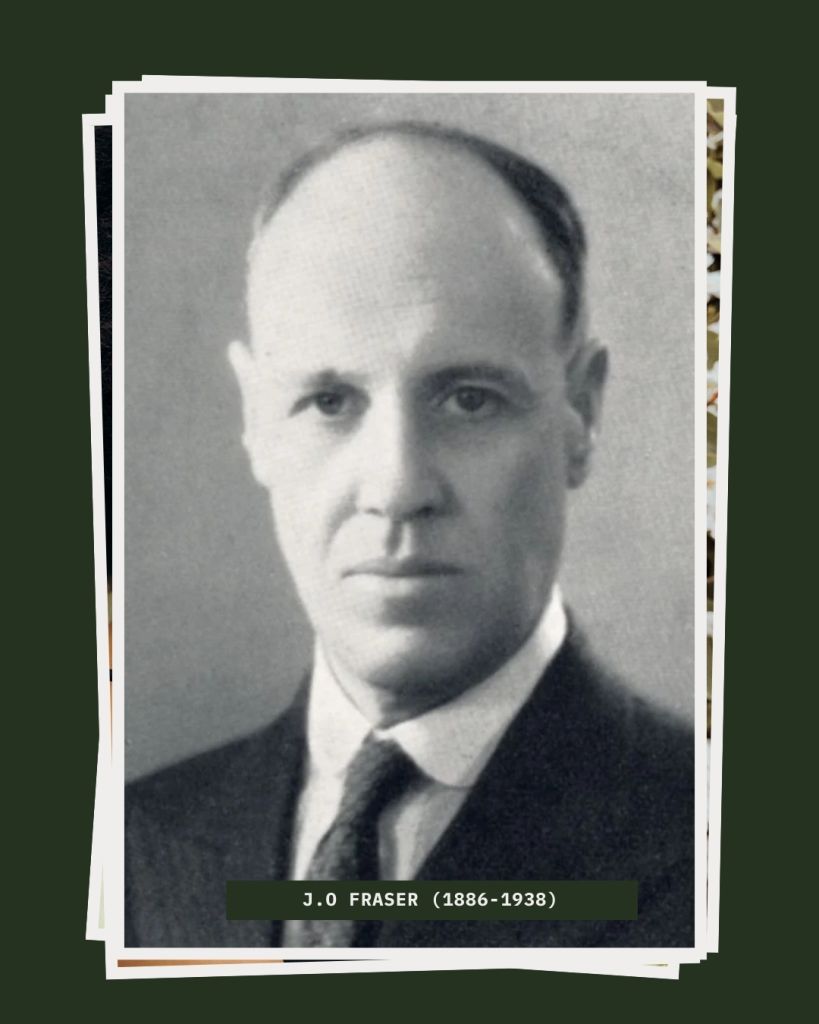Below are some notes to accompany my sharing in the video clip on our Facebook Page, speaking of a common factor in the lives of J. O. Fraser and of Paul – they were men on a journey to fulfill their God-given destiny.
Paul’s Journey To Rome.
In Acts 19:21, Paul resolved in the Spirit to go to Rome after passing through Macedonia and Achaia. He felt compelled that his mission wouldn’t be complete without reaching the heart of the Roman Empire. “When these things were accomplished, Paul purposed in the Spirit, when he had passed through Macedonia and Achaia, to go to Jerusalem, saying, ‘After I have been there, I must also see Rome.’”
In Acts 23:11, the Lord confirmed that it was His will for Paul to visit Rome. “After his arrest, Jesus appeared to him and said, ‘Take courage! As you have testified about Me in Jerusalem, so you must also testify in Rome.’ This confirmed that Rome was part of God’s plan for him.
Sure enough, the book of Acts finished with Paul in Rome: “Then Paul dwelt two whole years in his own rented house, and received all who came to him, preaching the kingdom of God and teaching the things which concern the Lord Jesus Christ with all confidence, no one forbidding him” (28:30-31).
Why was it so important for Paul to visit Rome?
1. To preach the Gospel: Paul had a strong desire to share the message of Jesus Christ with the people in Rome. In Romans 1:15, he wrote, “I am so eager to preach the gospel also to you who are in Rome.”
2. To encourage the believers: Paul wanted to strengthen and encourage the faith of the Christians in Rome. In Romans 1:11-12, he expressed his desire to impart some spiritual gift to make them strong and to mutually encourage one another in their faith.
3. To expand his missionary work: Paul saw Rome as a strategic location for spreading the gospel further west, including to Spain (Romans 15:23-24). Rome was the epicentre of the ancient world – politically, culturally, and economically. Paul saw it as a launchpad for spreading the gospel westward. By reaching Rome, Paul could influence both the local church and the broader empire through its networks of communications.
4. To fulfill a long-standing desire: Paul often expressed his longing to visit Rome. In Romans 1:13, he mentioned that he had planned many times to visit but had been prevented.
5. To encourage unity among believers: Paul also wanted to pursue his God-given mandate to foster unity between Jewish and Gentile Christians. The church in Rome was diverse, and Paul’s visit could help address divisions and encourage mutual love and understanding.
In summary, Paul completed his journey to Rome, as the Lord had promised in Acts 23.11, though he didn’t arrive in Rome as a free missionary but as a prisoner. After being arrested in Jerusalem and appealing to Caesar as a Roman citizen, he was sent to Rome for trial (Acts 25:10–12).



